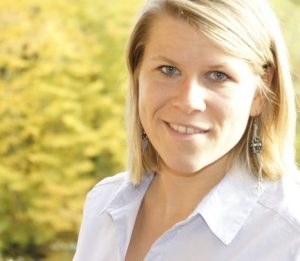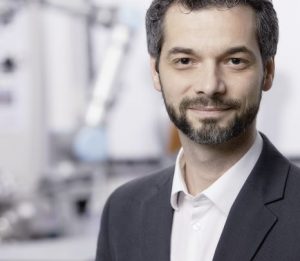International Jury awarded 10 ARTISTS to re-think fashion together with scientists
Linz. During the first call of the EU-funded project Re-FREAM, 78 applications were submitted at the official STARTS platform aiming to receive 55.000 EURs funding. In a first open call Re-FREAM were looking for outstanding concepts to three research challenges: from analog to connected, from 2D to 3D and from linear to sustainable circular systems. On July 10, the final decision was made by an international jury of designers, researchers, creators and founders. These ten awarded artists will work together with scientists on their concepts to re-define fashion and will be professionally support in three hubs (Linz, Valencia and Berlin) as part of a co-creation process. Re-FREAM is proud to present our co-creators and their concepts:
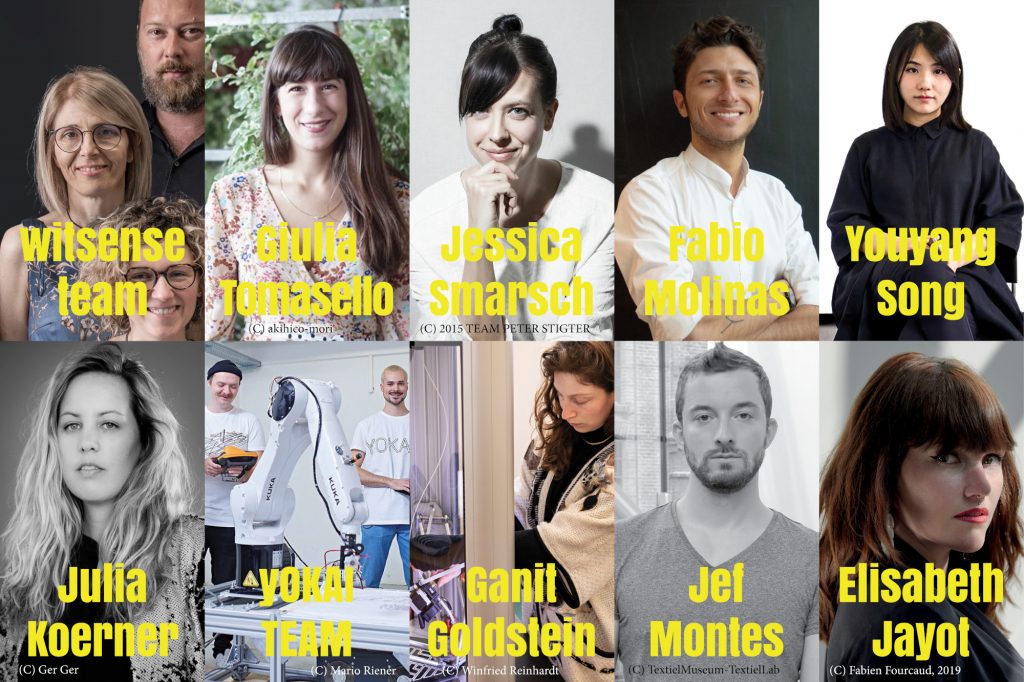 from analog to connected (HUB Berlin):
from analog to connected (HUB Berlin):
1. Constructing Connectivity by Jessica Smarsch:
Constructing Connectivity aims to disrupt the standards of healthcare with design sensitivity. Dignity, comfort, beauty, and creativity are seldom on the product requirements lists when developing a medical device. The goal of Constructing Connectivity is to deliver an engaging rehabilitation experience to stroke patients while also improving recovery and enhancing quality of life. By the end of this project we will create a functioning manufactured prototype that allows stroke patients to engage in creative, multi-sensory rehabilitation exercises.
2. Alma by Giulia Tomasello
Alma is a non-invasive wearable biosensor designed for the detection of vaginal infections. The project aims to develop a less conspicuous, wearable system that is low cost and reusable, capable of detecting pH and lactic acid from vaginal secretions and gather data that can be used to reconstruct an individual’s physiological profile. These data will be interfaced with a mobile app designed to monitor the vaginal chemistry and generate educational awareness. Alma is designed to empower women to become familiar with their own bodies and active patients, more willing to seek healthcare professional advice when necessary and break some of the taboos that are still attached to gynaecological health. Alma is in collaboration with scientists T.Busolo, J.Che and M.Calabrese.
3. LOVEWEAR by witsense team
LOVEWEAR is a smart underwear that helps people of all abilities to self-explore and enhance their own intimacy and sexuality. Disabled sexuality is often neglected to release carer and families from uncomfortable responsibilities, which pose moral and ethical questions. Whether the individual is deprived of its natural appetite or its emotional and sentimental implications, what is really missing is the self-consciousness and the awareness towards his own body. LOVEWEAR want to empower the wearer through a tactile experience achieved by Inflatable inserts, activated within the underwear linen, through the interaction with a connected ‘console’ pillow.
from 2D to 3D (HUB Linz):
4. Digital Vogue – Between Synthetic and Organic Processes by Julia Körner:
The project Julia Koerner is proposing for Re-FREAM is focused on the 2D to 3D relationship in 3D-Printed Fashion. The research focuses on digitally translating natural patterns into algorithms on the computer. It explores digital pattern design and multi-colour 3D printing on fabric, inspired by microscopic natural artefacts.
5. WeAreAble by Ganit Goldstein
The digital revolution is part of our body, it is our second skin. What would happen if we, as a human factor, will interfere with the code of the digital work? this is exactly the subject of my project. ‘WeAReABle’ project deals with the making process of customized fashion designs. It is based on 3D body scans and 3D parametric codes combined with multi-color 3D printing directly on fabric.
Goldstein considers the human body as a platform for innovation, focusing on ‘smart textiles’ development. The project Goldstein is working on examines the border between future and tradition, redrawing the boundaries between hand-made and ‘machine-made.’ By using parametric design software and changing parameters codes, the outcome consists of outfits that are fit-to-measure to the exact curves and figure according to unique body shape. By using the technology of 3D printing, we-are-able to print this data, and make a textile that ‘remembers’ the 3D properties of a specific body.
6. A 3D-based design process for the development of garments with a robotic based additive manufacturing method by Michael Wieser (Yokai Team)
Bringing clothing production back to Europe is made possible through the creation of a new digital based process for local customization and garment production: by developing completely new methods for fashion design, like a whole 3D process that spans from 3D design, flattening, 3D seams to 3D presentations, the yokai team focuses on the production part, where there is still a huge lack of innovation. Our long term goal is to build a robot based automated manufacturing system, which enables the production of customised clothes.
from linear to sustainable circular systems (HUB Valencia):
7. Marinero by Jef Montes
Inspired by the contrast of the sea and plastic pollution. Marinero is the first project of Studio Adaptive Skins. The focus of Marinero is to create an architectural blueprint that transforms organically over the course of time due to different meteorological conditions. The vision is to design a new kind of production system that results into adaptive garments that grow with us individually. Plastic will be collected from the sea and transformed into new threads. These plastic threads will be used in combination with the natural fibers from sea based materials (horizontal versus vertical).
8. Cooking New Materials by Youyang Song
Cooking new materials is an independently developed technique which aims to process biowastes into a soft but yet robust leather-like material. Banana and orange peel or soy-milk are combined with a natural binding agent as the substrate. The resulting composite is fully biodegradable and can be easily reused after the re-cooking process. It is a 100% biodegradable, zero waste natural product. Moreover, the bio-material provides similar toughness, durability and water resistance as normal leather material.
9. Leather for Vegetarians by Fabio Molinas
“Leather for Vegetarians” is a material that imitates the leather but it is created from cork powder, a residue originated when sanding pieces of cork in the process of manufacturing the bottle caps, widely used in wine.
10. FRAGMENTS GARMENTS by Elisabeth Jayot
The Fragments Garments propose to relocate within small urban manufacturing units akin to Fablabs, the production of garments, – moreover designed seamless and modular -, based on a worldwide digital pattern trade. We would gather in one place a locally-sourced sustainable fabric library, a co-creation customer service, an on-demand laser-cutting of customized spare parts to be manually assembled by the user, and a shop offering ready-to-wear second hand clothes made of recombined used spare parts collected there. This project adds a 4th dimension to the classic Reduce, Repair, Recycle concept by involving the consumer who can easily dismantle and transform clothes according to changing trends, needs or sizes, thus leading to a longer life-span.
The artists will be presented on September 6, 2019 within the STARTS DAYS of the Ars Electronica Festival.
Re-FREAM invites all artists and designers to submit their innovative concepts in the second call in 2020. The call will be published on July 1, 2020.
About the project:
Re-FREAM is EU-funded project with 12 partners under the umbrella of STARTS and an invitation to artists and designers to re-think the future of fashion with state-of-the-art production technologies. Re-FREAM gives fashion artists and designers an extraordinary opportunity to have access to an unknown world: new spaces, new materials, new processes, new professional profiles.
STARTS
Re-FREAM is part of the STARTS Family. STARTS (Science, Technology & the Arts) is an initiative of the European Commission. Its purpose is to support collaborations between artists, scientists, engineers and researchers to develop more creative, inclusive, and sustainable technologies. Re-FREAM is the lighthouse project for artistic exploration of technologies for fashion.
Re-FREAM is funded by the Europen Union’s Horizon 2020 research and innovation programme under the grant agreement No. 825647,

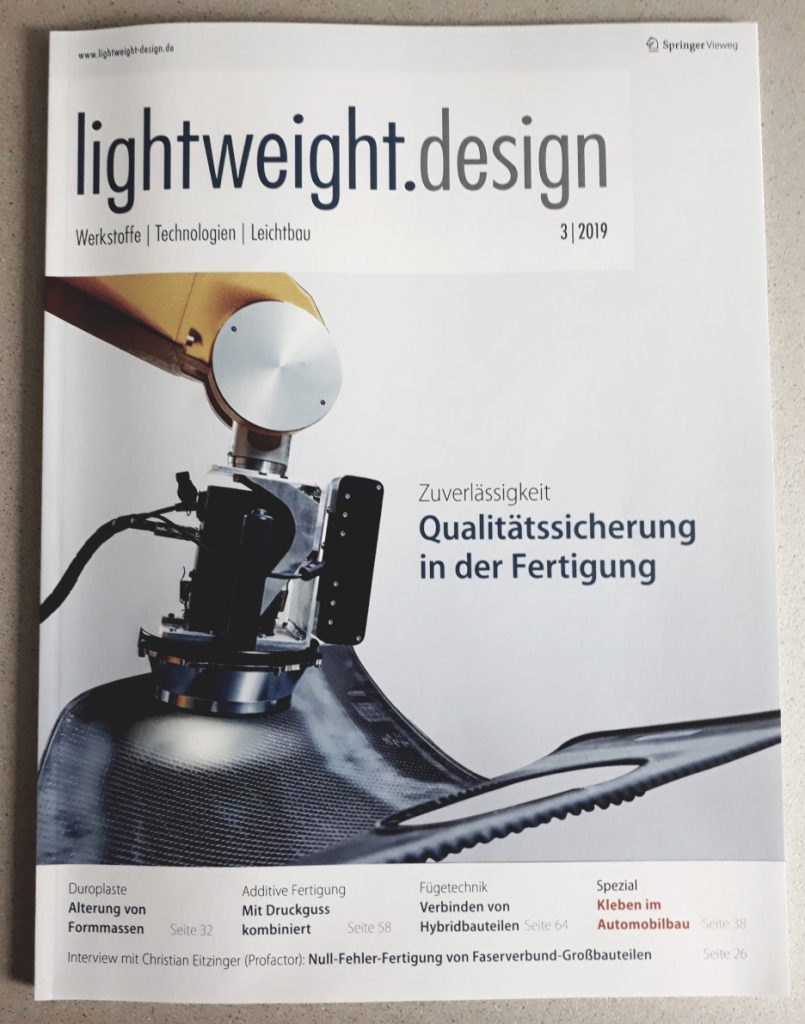
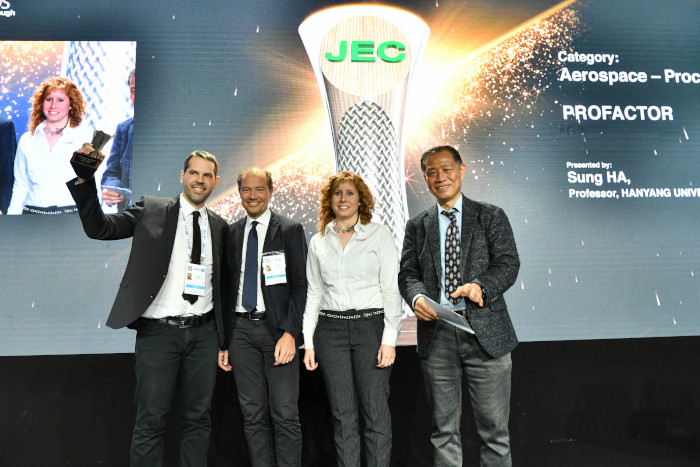
 This project has received funding from the European Union’s Horizon 2020 research and innovation programme under grant agreement No 721362.
This project has received funding from the European Union’s Horizon 2020 research and innovation programme under grant agreement No 721362.